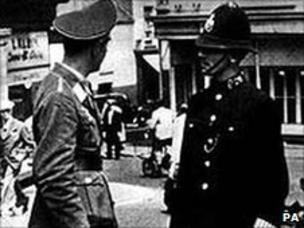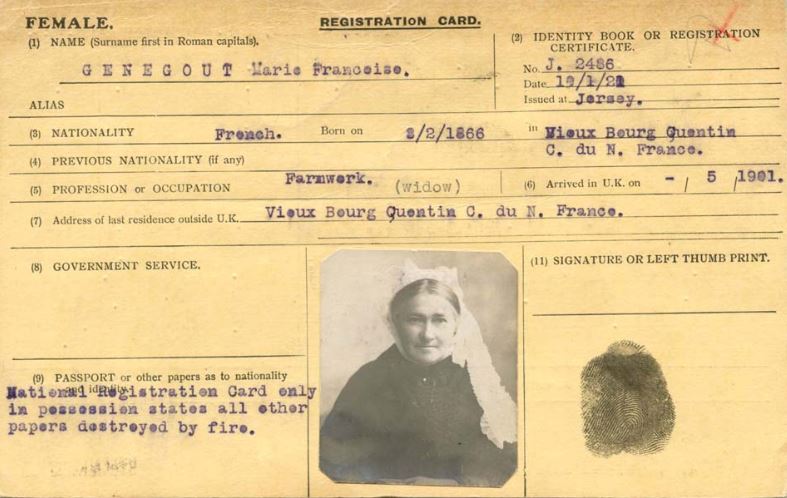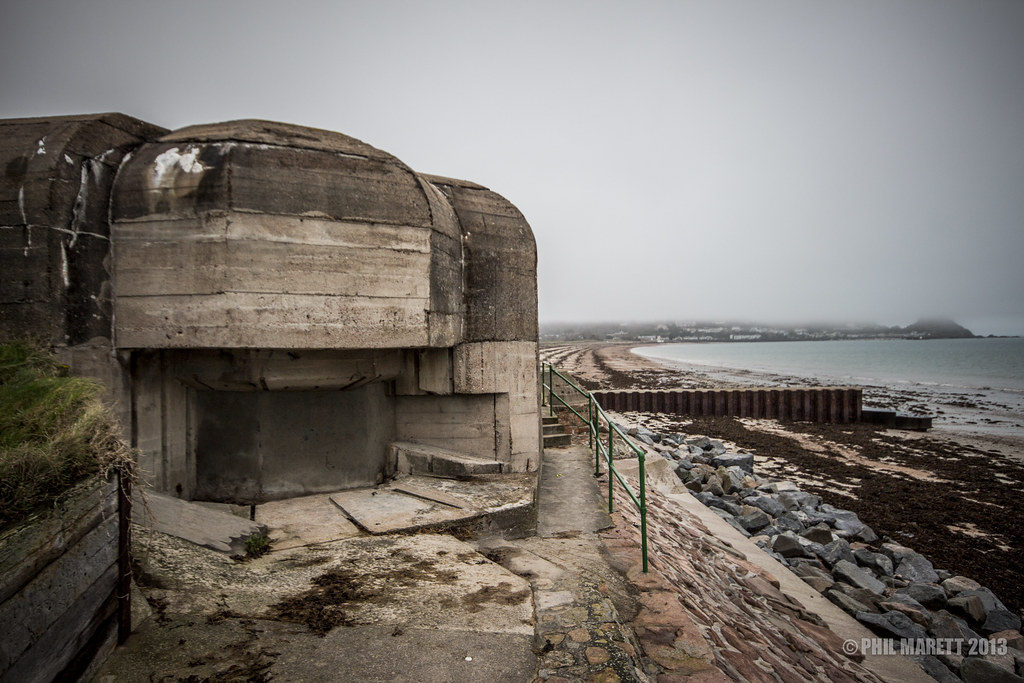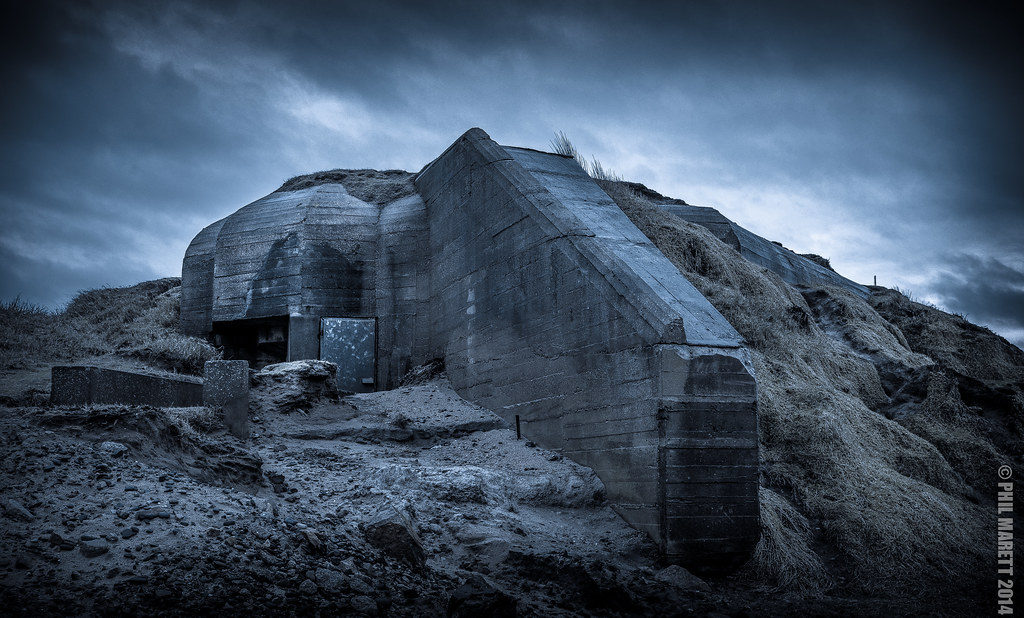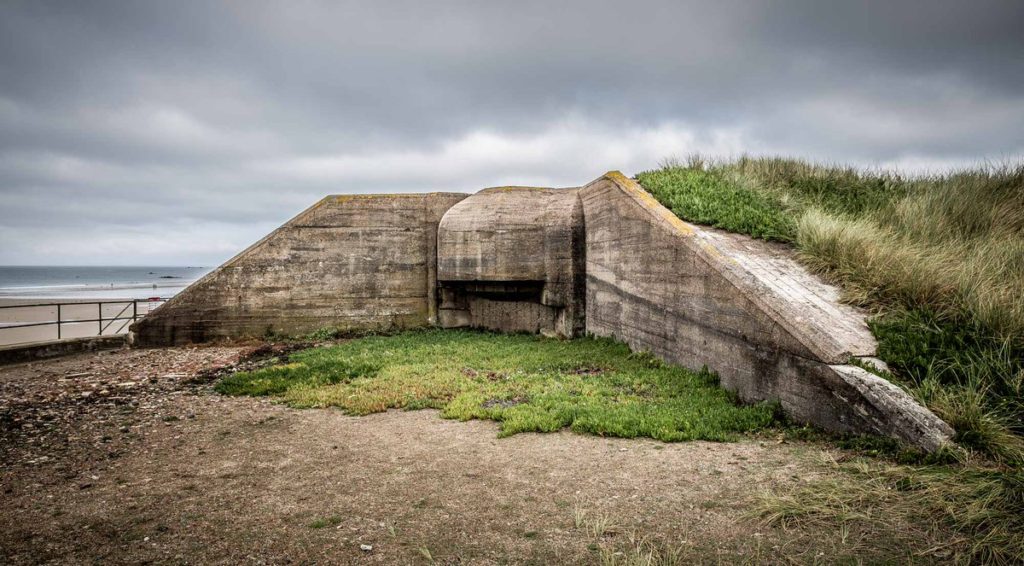Key Dates about ‘The Occupation of Jersey’:
- 6th June 2019 – 75th Anniversary of The D-Day Landings and the start of the liberation of Europe from Nazi Occupation
- 9th May 2020 – 75th Anniversary of Liberation of Jersey from Nazi Occupation
- 30th June 1940 – Jersey was invaded by the Germans. On this day they sent an airforce of bombers over the islands and bombed the harbours Jersey.
- 7 May 1945 – The German army had surrendered and the end of the war in Europe was announced. During the week leading up to 6 May islanders had been hearing reports of Hitler’s fall in Berlin by way of their hidden radios. In spite of the fact that the island was still officially under occupation, rumors began circulating of an imminent end to the war in Europe.
- 8 May 1945 – The units that made up Force 135 received their orders to move to their marshalling camps in Portsmouth. The main body of the Force was due to arrive in the islands on 12 May, however, a small contingent of Force 135, including their Commander, Brigadier AE Snow, left for the Channel Islands aboard HMS’ Bulldog and Beagle the morning of 8 May.
- At 7.15am on 9 May, on the quarter deck of HMS Bulldog, Second-in-Command for Guernsey General Siegfried Heine signed the Instrument of Surrender on behalf of the German Command of the Channel Islands, effecting their capitulation. On completion of this, General Heine was then ordered to “immediately cause all German flags and ensigns now flying in the Channel Islands to be lowered”.
Key Facts about ‘The Occupation of Jersey’:
- The German’s prohibited the use of radios which lead to a lack of communication between the island and the mainland.
- The island was also moved to Central European time. In the months following D-Day, as the Allies regained control of France, the source of supplies fueling the islands was now no longer available.
- The Nazi’s put many restrictions on islanders (curfews, rations, not allowed to drive private motor vehicles) they also did not allow anyone enter or leave the island which lead to food shortages.
- Food shortages on Jersey were finally relieved by the arrival of the Red Cross ship SS Vega, bringing food parcels to Jersey. Before then, substitutes had been used to replace everyday foods, with seawater replacing salt, for instance, and a mixture of parsnip and sugar beet replacing tea.
- Hitler ordered the conversion of Jersey into an impregnable fortress. Thousands of slave workers from countries like Russia, Spain, France, Poland, and Algeria built hundreds of bunkers, anti-tank walls, railway systems, as well as many tunnel complexes.
- The fortresses are mainly located around the coasts of the island in order to prevent unauthorised access in/out of the island.
- The remains of theses fortresses can still be found on the island, which showcases the historical factors of the island.
- The religion of Judaism was not accepted by Hitler/Nazis which lead to people within the religion being sent to concentration camps where they were treated poorly and sadly the nazis slowly killed them off.
Mood Board – Exploring Inspiration Towards The Occupation Of Jersey:

